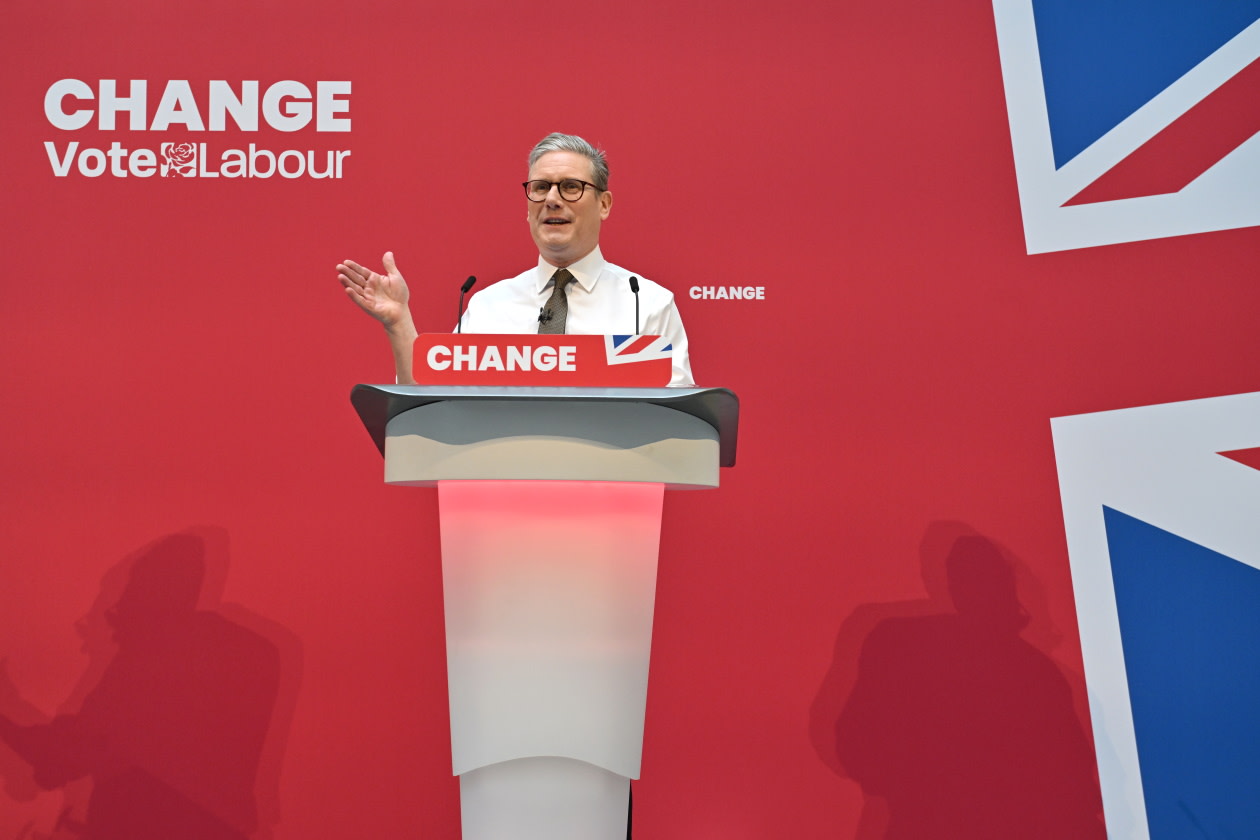Rachel Reeves, the chancellor, will unveil Labour’s first budget (and probably the most important of the whole parliament) on Wednesday next week.
One of the measures subject to a lot of pitch-rolling is the proposal to change the official definition of debt used in the government’s fiscal rules. Reeves has been hinting for a while that she will change this and today, at a meeting of the IMF in Washington, she will confirm this.
The government is committed to having debt falling as a share of national income in the fifth year of the economic forecast (ie, in five years’ time). The last government used to define debt as headline public sector net debt (PSND) but when Rishi Sunak was chancellor he changed this to underlying PSND – which is PSND excluding the Bank of England’s liabilities. This is the definition currently in use.
The Institute for Fiscal Studies recently published a good paper explaining what alternative definitions Reeves could choose, and today Larry Elliott, Pippa Crerar and Richard Partington say she will opt for public sector net financial liabilities (PSNFL). They says in their story:
"This yardstick – which will replace public sector net debt – will take into account all the government’s financial assets and liabilities, including student loans and equity stakes in private companies, as well as funded pension schemes.
This would give the chancellor room to increase borrowing for investment in long-term infrastructure …
Had [Conservative chancellor Jeremy] Hunt adopted a PSNFL target in March, it would have added about £53bn to his borrowing headroom."
Keir Starmer is at the Commonwealth heads of government meeting (Chogm) in Samoa and, as Eleni Courea reports, he was asked if he was worried that changing the definition of debt would scare investors. Starmer replied:
"The chancellor has made clear, both in her conference speech and consequently, about her desire to see more investment in the economy.It’s a matter of record that investors in the UK have previously said that UK investment levels are too low both in terms of public infrastructure and in terms of business investment more generally."
Starmer said the budget as a whole would be “unashamedly pro-business”. He said:
"Investors shouldn’t be worried about this budget. This government is prioritising growth. It’s unashamedly pro-business.
You’ll have seen from the significant vote of confidence in the UK economy at the international investment summit that it is already the case that investors are responding positively to the government’s plans."
He also said his government’s first budget would be a “significant” one that would “give a sense of how we intend to do business”.
This article was written by Andrew Sparrow from The Guardian and was legally licensed through the DiveMarketplace by Industry Dive. Please direct all licensing questions to legal@industrydive.com.
Photo by Anthony Devlin / Stringer

